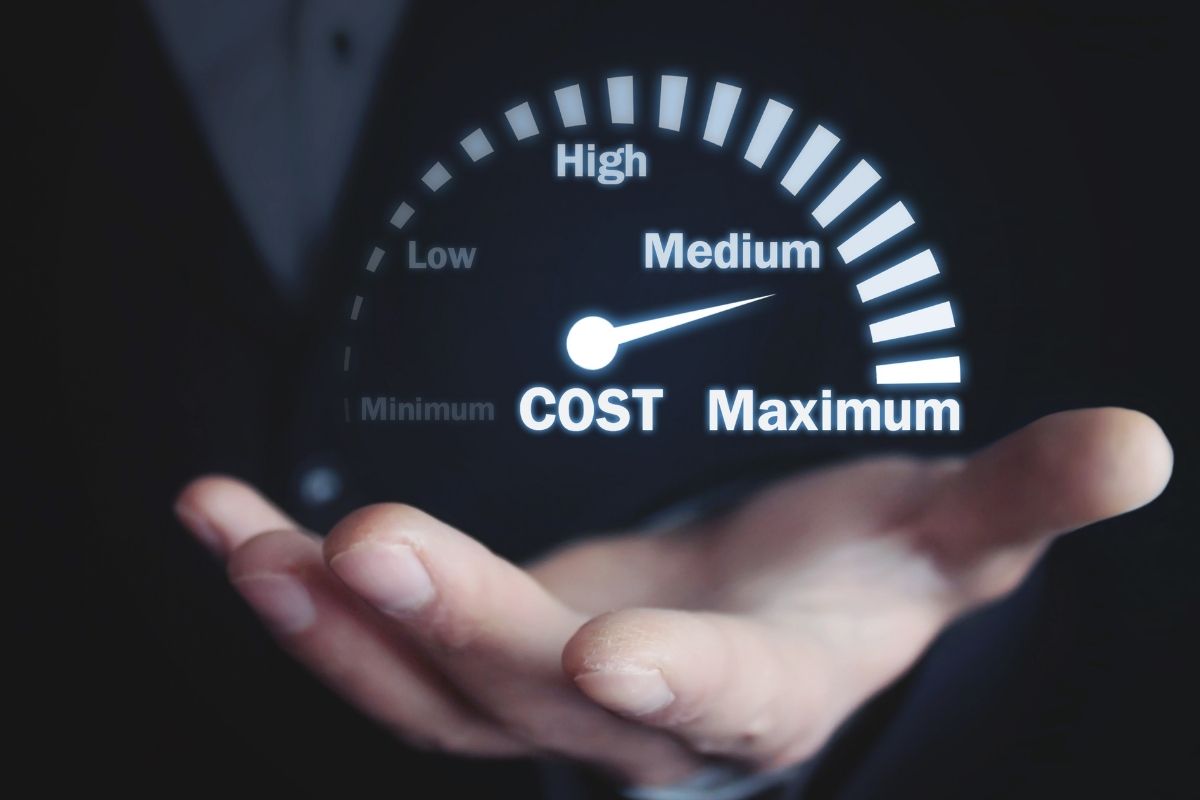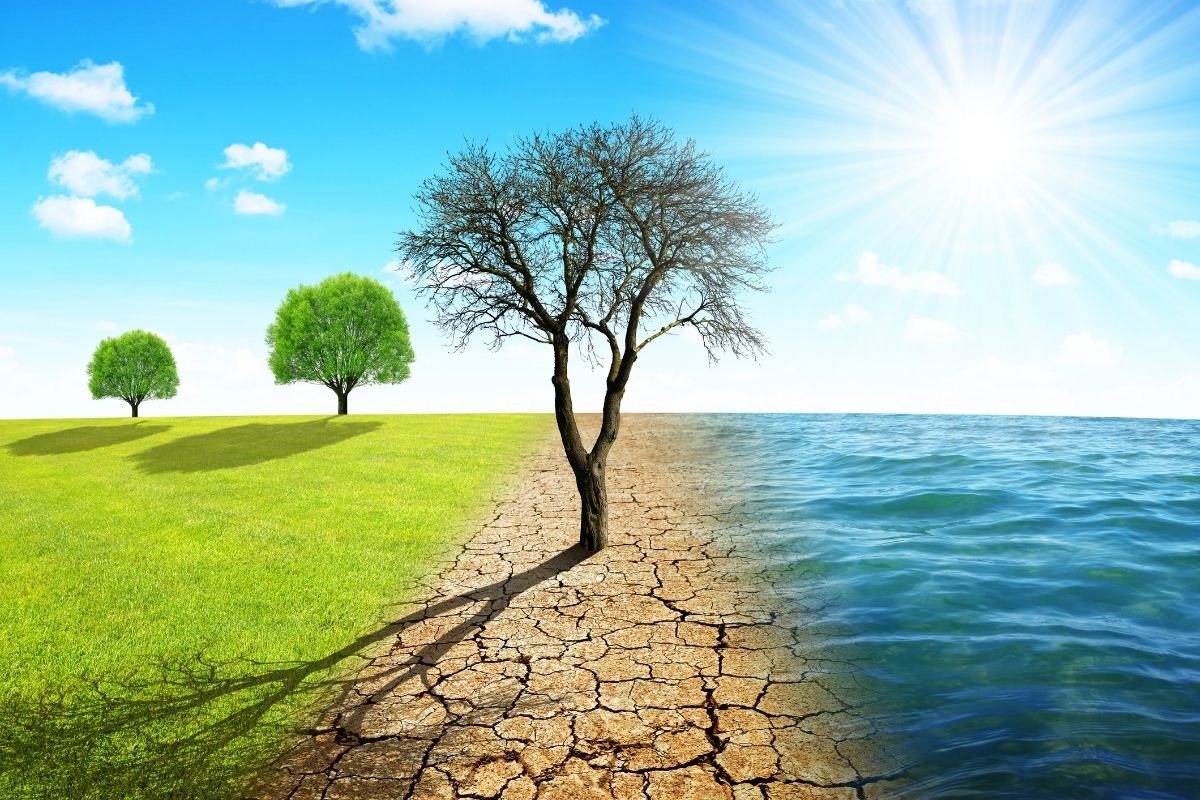From global warming to flooding and extreme storms, the events are already getting started.
John Neal, CEO of the world’s oldest insurance industry marketplace, Lloyd’s of London, has called climate change the “ultimate systemic risk” but also a huge opportunity for insurers.
In a recent media interview, the Lloyd’s CEO compared climate change with the impact of the pandemic.
At the same time that Neal called climate change a risk in the CNBC interview, he also referred to it as the “biggest single opportunity the insurance industry has ever seen.” He used the opportunity to try to describe the way insurers and reinsurers are likely to operate as the future unfolds.
“We think of Covid as systemic risk — climate is the ultimate systemic risk, so this is our chance to show businesses, communities and even governments how we can help,” said the CEO last week while he was speaking in Glasgow at the COP26 climate change conference.
The impact of climate change has already started making itself quite clear in more frequent and severe storms, droughts, extreme hot and cold snaps, among other events.

Climate change has presented the insurance industry with a spectrum of costs and challenges that will only rise.
For instance, according to the Association of British Insurers (ABI), the 2018 extreme freeze that struck the United Kingdom led to about $263.16 million in payouts for burst pipes occurring across a three-month period. Moreover, also in 2018, the UK was hit by a massive heatwave that led 10,000 insured homes to file subsidence damage claims, according to ABI data.
“There is a risk that, if there is a disorderly transition to a low-carbon economy, the value of many of the assets in which insurers invest will fall with little warning,” added the ABI. The association added that this also offers insurers the opportunity to make early changes toward “more sustainable assets.”
The insurance industry is continuing its research and has been publishing reports underscoring the way in which climate change is indeed presenting simultaneous widespread challenges and broad opportunities. Preparedness, it seems, will be the key to overcoming those challenges and benefiting from the opportunities.

